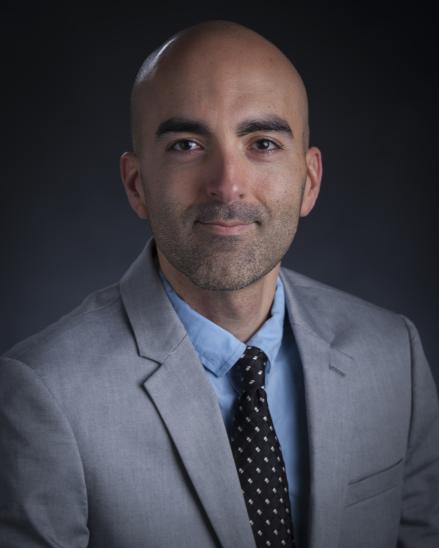Sean A. Valles is a philosopher of health specializing in the ethical and evidentiary complexities of how social contexts – everything from one’s local food options to the presence or absence of exposure to violent policing practices – combine to create patterns of inequitable health disparities. He is director and professor in the College of Human Medicine Center for Bioethics and Social Justice.
I sat waiting in the CBS Detroit studio for my chance to join the 5 p.m. news anchors as they covered the fallout from a recent Alabama Supreme Court ruling that had been made six days earlier. The court had ruled that the frozen embryos stored in the freezers in Alabama in vitro fertilization, or IVF, clinics legally qualified as children.
It was a landmark policy change based on the belief that human life begins at the moment a sperm fertilizes an egg — a moral and theological position common among some branches of Christianity. But I was not there to debate whether frozen embryos the size of a grain of salt qualify as alive. I leave such questions to my partner, Rabbi Valles. Instead, I was there to insist on putting the social justice implications of this radical policy shift at the center of the conversation.
When it was my turn to go on camera, I explained that my foremost worry is that this will further widen the gaps between the ‘haves’ and the ‘have-nots’ in U.S. health care. The rich and the well-connected are far more capable of seeking health care outside Alabama’s chaotic and unclear new policy landscape.
Meanwhile, other families are left with few or no options for seeking fertility health care that is already notoriously expensive and often not adequately covered by medical insurance. Anti-abortion legislators and judges have long sought to push abortion health care providers out of business by creating arbitrary regulations such as imposing special building codes and other red tape for clinics providing abortions. Similarly, the Alabama Supreme Court’s decision makes it difficult to run a law-abiding IVF clinic in the state, pushing current and would-be health care providers to work elsewhere.
I was on CBS News speaking for myself, not the College of Human Medicine, nor the Center for Bioethics and Social Justice. However, I was doing so guided by what I see as the spirit of both: a shared conviction that excellent health care should be available to the many, not just the lucky few.
